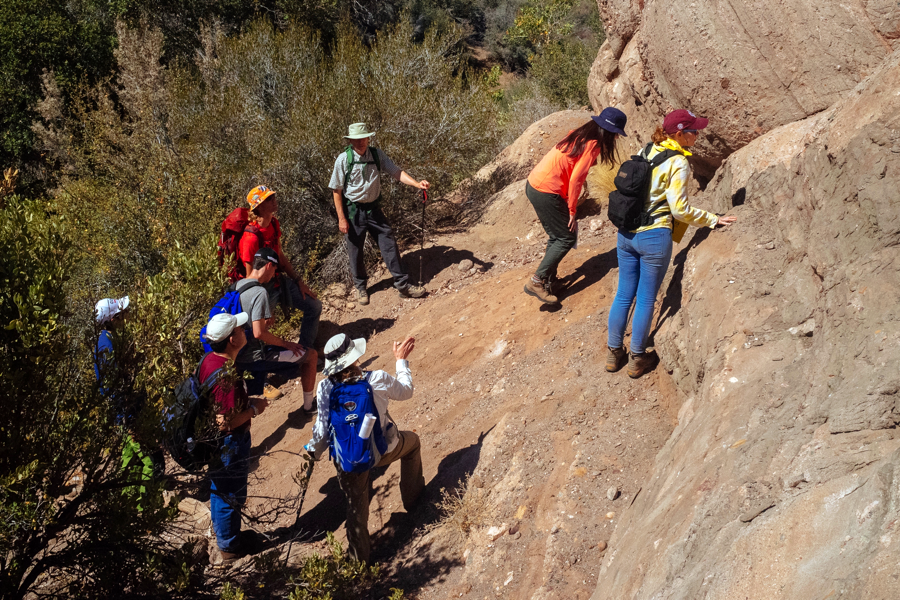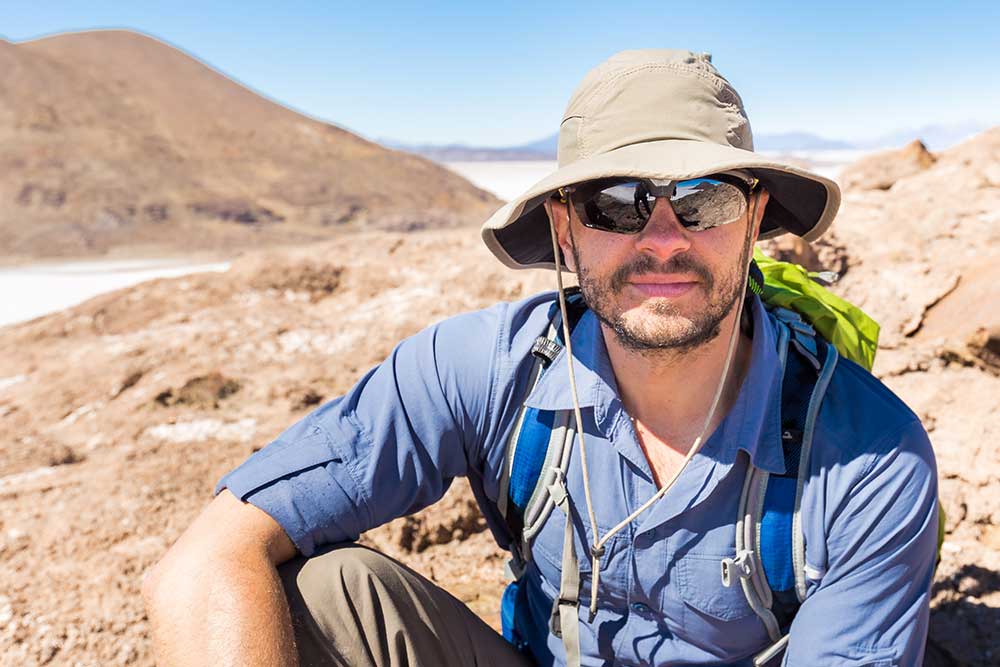All Categories
Featured
Table of Contents
Geoscientist - College Of Science in Forrestdale Aus 2023
Link with MBA programs looking for prospects like you. Research study. Link with master's programs around the country to get an edge over the competition.

A geophysicist studies numerous aspects of the earth. See a video to learn what a geophysicist: Geophysicists should make a minimum of a bachelor's degree; however, this is for an entry-level position.
Advanced degrees need more specific research studies in the specialty of option. Job prospects are greater if you have a strong background in computer system science or innovation.
Geophysical Survey in Midland Australia 2022
Access to these opportunities might be restricted depending on where you live; nevertheless, internships or summer season programs with geophysical companies, university geophysics department, or the U.S. Geological Survey can be options. You can discover a list of a list of opportunities on the United States Geological Study (USGS) sites' Pathway Programs tab (opens in another link).
Geophysicists likewise work with computer systems while researching, so computer courses can also be helpful, as mentioned earlier in this article. Many geophysicists specialize in an area of geophysics.
A geophysicist's duties can consist of measuring, tracking, and documenting data from various physical homes on earth. They likewise assess and examination information got. Geophysicists frequently have to take a trip worldwide to take a look at geological events that have actually happened or might have been forecasted. Geophysics is a research-based profession field, for that reason one should have the capability to hypothesize, problem-solve, and concern or obstacle formerly held assumptions from their collected information.
Why Study Geophysics? in Innaloo Aus 2020
For example, Jay Wellik, a geophysicist, research studies volcanos. His area of proficiency in geophysics is looking into why volcanos emerge and what signs there might be that an eruption may take place. He tracks seismic activity and then follows what occurs in the past, during, and after a volcano appears. Geophysicists generally work full-time hours; nevertheless, they often work irregular hours, as mentioned previously.

You can find extra info about Geophysicists in addition to extra instructional materials on the U.S. Geological Study site (links open in a brand-new window). Laura Stern, of the U.S. Geological Study at the Gas Hydrates Laboratory in Menlo Park, California: We make a number of different hydrates in the lab.
We also make carbon dioxide hydrate, ethane hydrate, gas, a number of different structures. It's about 100 degrees colder than the temperature at which these hydrate samples would dissociate, when they would decompose to ice plus gas on the tabletop.
Geophysicist: What Is It? And How To Become One? in Burswood Aus 2023
They look like snow, it looks like compressed snow but honestly, it does include gas inside. It's going back to ice plus gas and then as the ice would melt as it continues to warm, it will end up being water plus gas.
My name is Steve Kirby, I'm a Geophysicist here at the U.S. Geological Survey in Menlo Park. I deal with Laura Stern who is likewise a Geophysicist in this lab that is devoted towards the examination of planetary ices and gas hydrates. Gas hydrates in nature take place in really remote places and they are extremely complicated with the interactions and conditions that they form under and samples that are brought up are under some sort of alternation or decay.
This is an uncommon lab and there are just a handful of them worldwide and we are really lucky to be here at the Geological Study and to have the opportunity of working on them. Bureau of Labor Statistics, U.S. Department of Labor, Occupational Outlook Handbook, Geoscientists. National Center for O * NET Advancement.
Consumer Guide To Geological And Geophysical Services ... in Beechina Western Australia 2023
This video was produced by the federal government for the U.S. Geological Survey. The USGS Gas Hydrates Lab is funded by the Department of Energy and the USGS Gas Hydrates Job.
Latest Posts
What Geophysicists Do in Iluka WA 2023
Geophysical Survey Definition in Casaurina Oz 2021
Geology And Geophysics - Careers And Employment in Manning Aus 2022